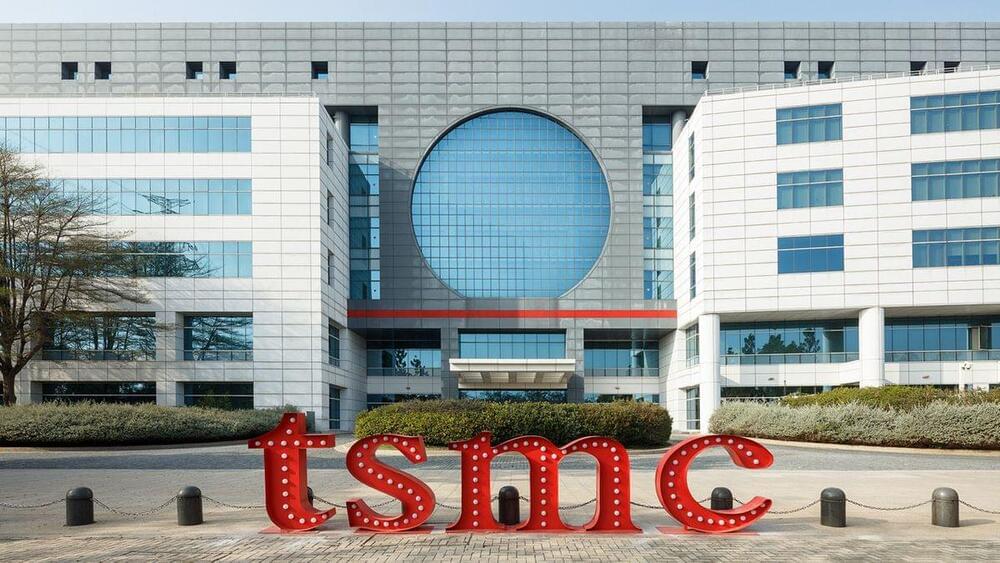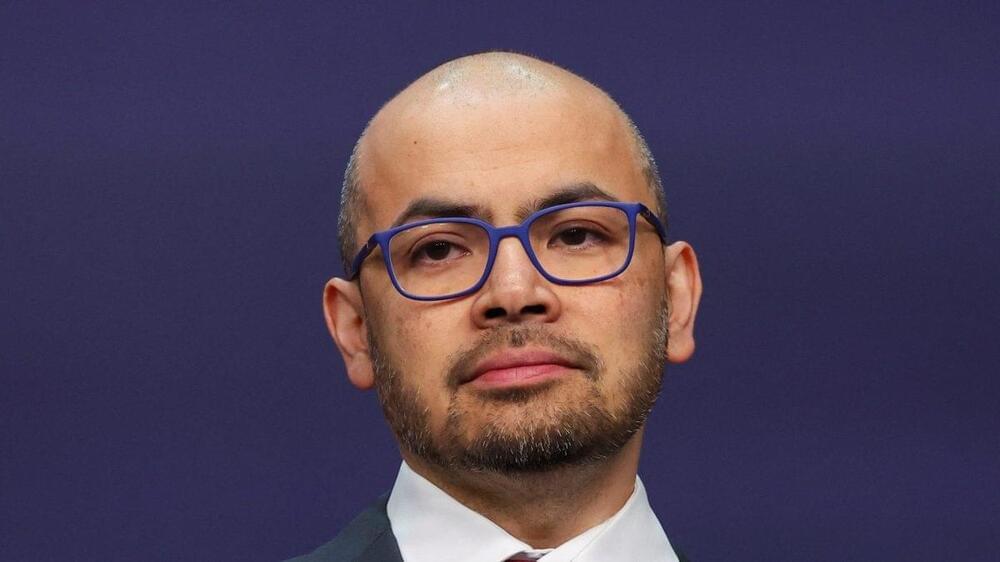Science And Technology For Emerging National Security Threats — Dr. Sean Kirkpatrick, Ph.D. — Nonlinear Solutions LLC — Fmr. Director, All-domain Anomaly Resolution Office (AARO), United States Department of Defense.
Dr. Sean Kirkpatrick, Ph.D. is Owner of Nonlinear Solutions LLC., an advisory group that provides strategic scientific and intelligence consulting services, with a focus on emerging science and technology trends, to clients in both the defense and intelligence communities.
Dr. Kirkpatrick recently retired from federal Senior Service in December 2023 and prior to his current responsibilities he answered to the Deputy Secretary of Defense to stand-up and lead the All-domain Anomaly Resolution Office (AARO — https://www.aaro.mil/) in early 2022, leading the U.S. government’s efforts to address Unidentified Anomalous Phenomena (UAP) using a rigorous scientific framework and a data-driven approach.
Dr. Kirkpatrick attended University of Georgia as an undergraduate, to study physics, where he also did his Ph.D. work in nonlinear and nonequilibrium phonon dynamics of rare earth doped fluoride crystals, and currently serves as an adjunct professor at UGA.
Dr. Kirkpatrick began his career in Defense and Intelligence related science and technology immediately out of graduate school. After receiving his Ph.D. in Physics in 1995, he subsequently took a postdoctoral position at the University of Illinois, Urbana-Champaign, investigating laser-induced molecular vibrations of high explosives under an AFOSR program. In 1996, he was offered a National Research Council Fellowship at the U.S. Naval Research Laboratory in Washington D.C. investigating novel solid-state lasers for the Department of the Navy. In 1997, he was recruited by the Air Force Research Laboratory to build an Ultrafast Laser Physics Lab to investigate nonlinear optics, novel ultrafast spectroscopic methods, and nonlinear micro/nano-fabrication techniques for the Air Force.






